Latest News

Pitchside to Boardroom: Kicking Off Your Network
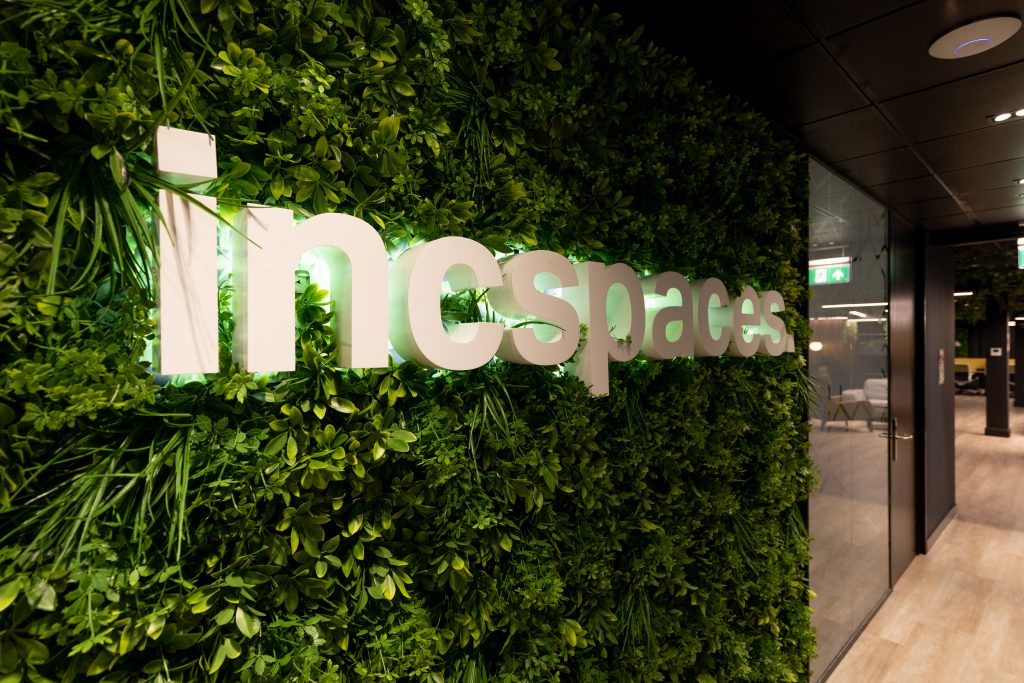
New Role: General Manager for Manchester (Maternity Cover)

Virtual Office: The Pros and Cons of This Business Time Saver

Spotlight with: Lachy Ven of Mount Street Manchester

Beach Balls & Brainstorms: Break The Office Boredom
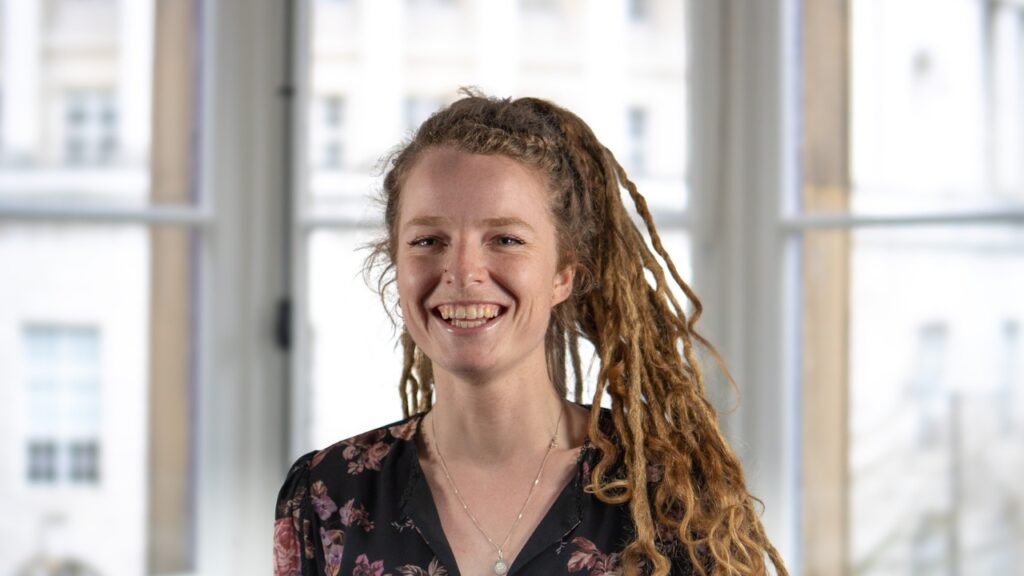
Spotlight with: Allysia Hunter of Mount Street Manchester

An Easy Guide to Understanding Virtual Offices

Back to Basics: Holding the Perfect Meeting

Why Having Dogs in the Office, Isn’t Barking Mad
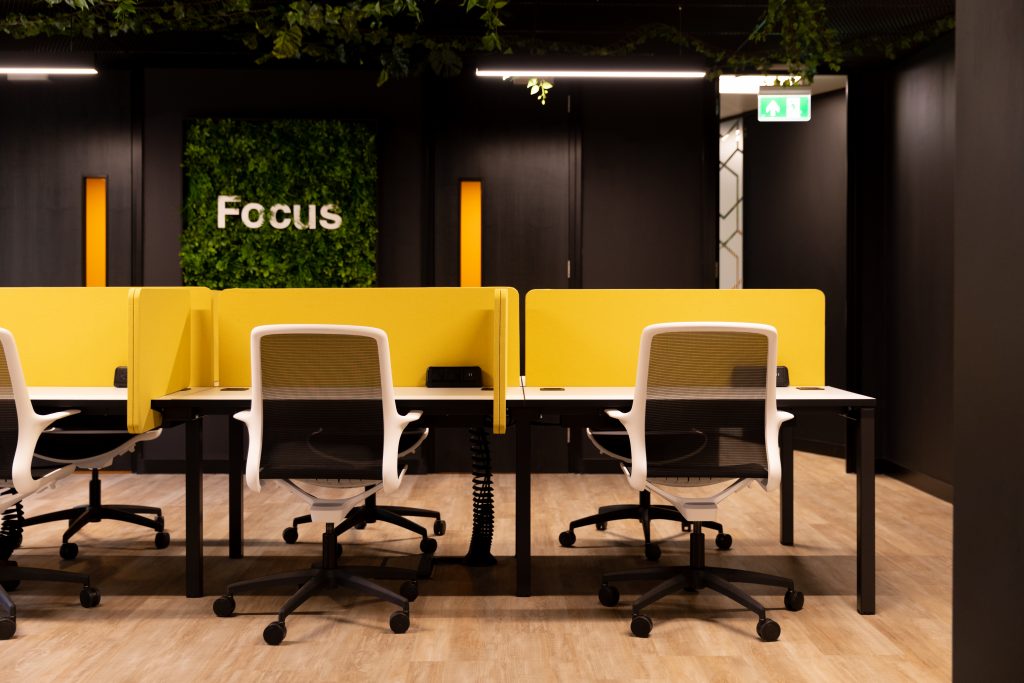
New role: Receptionist for busy Leeds workspace

incspaces announce the search for an ambitious Sales Manager in Barcelona
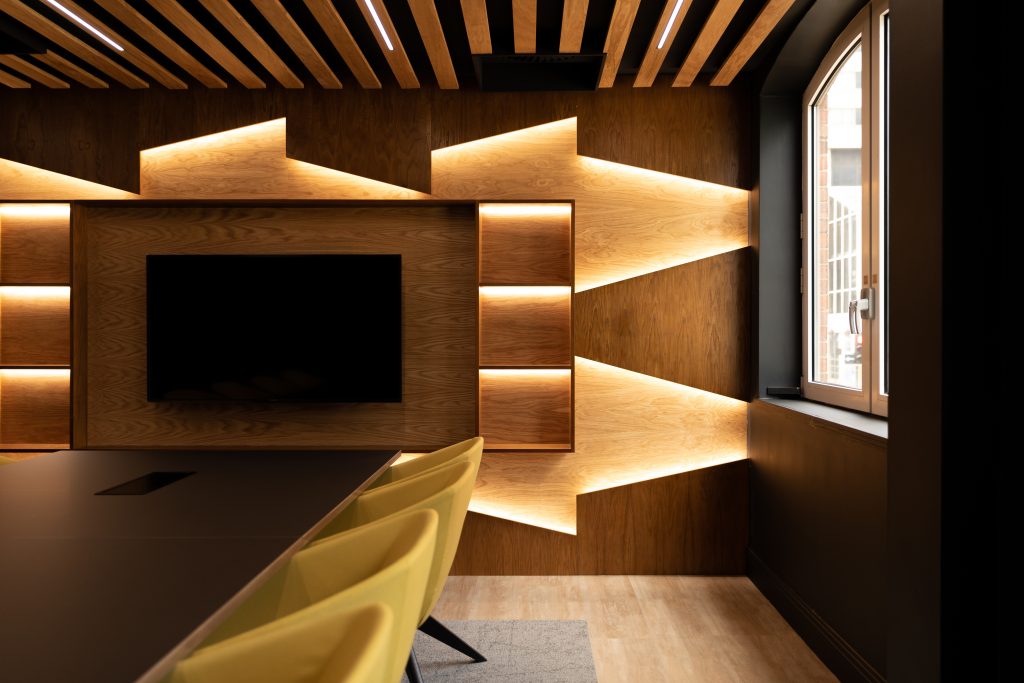
incspaces Hiring Managing Director for Next Stage of Growth
The Power of Eating Well at Work
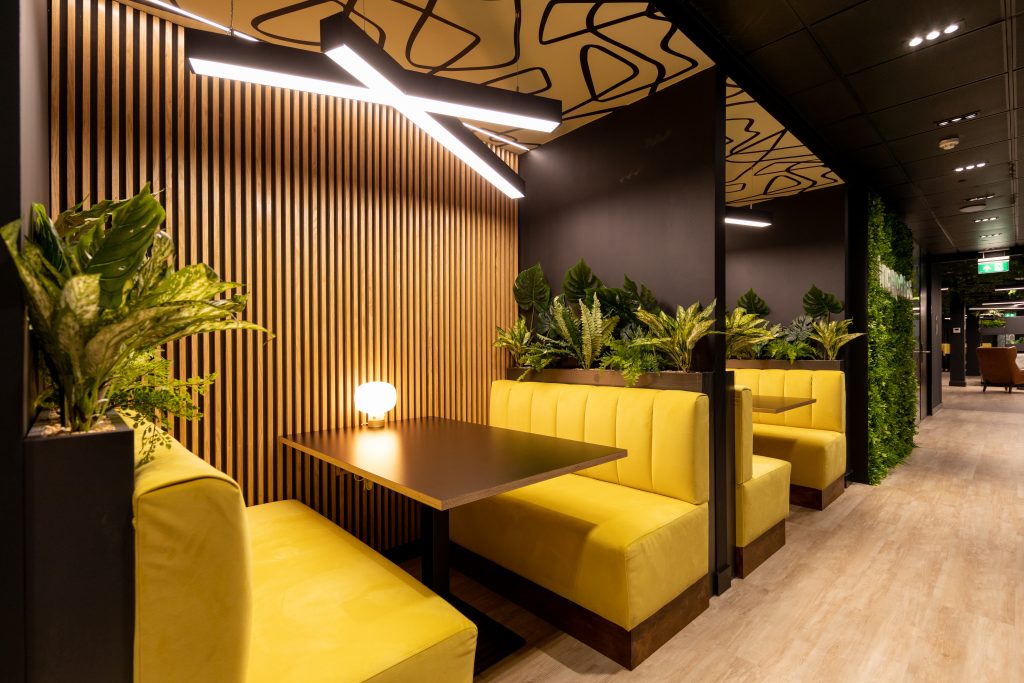
Is The Cost Of Living Crisis Changing The Way We Work?
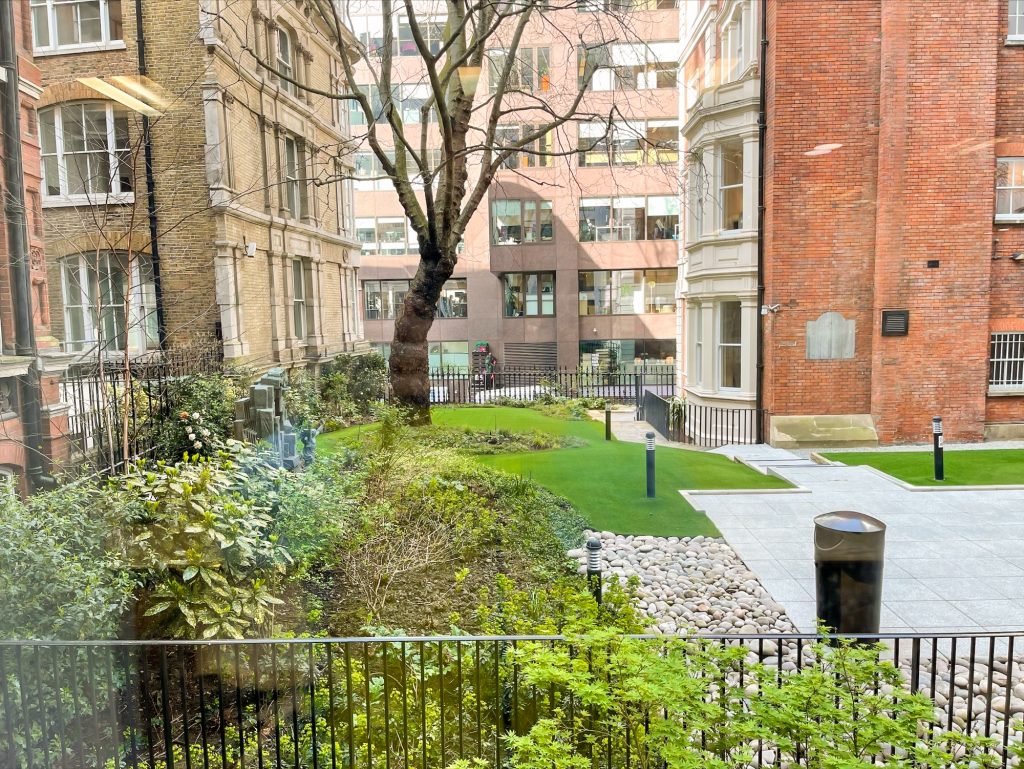
6 Ideas To Create A Culture Of Sustainability In The Workplace

Diverse Minds, Inclusive Futures: Embracing Neurodiversity
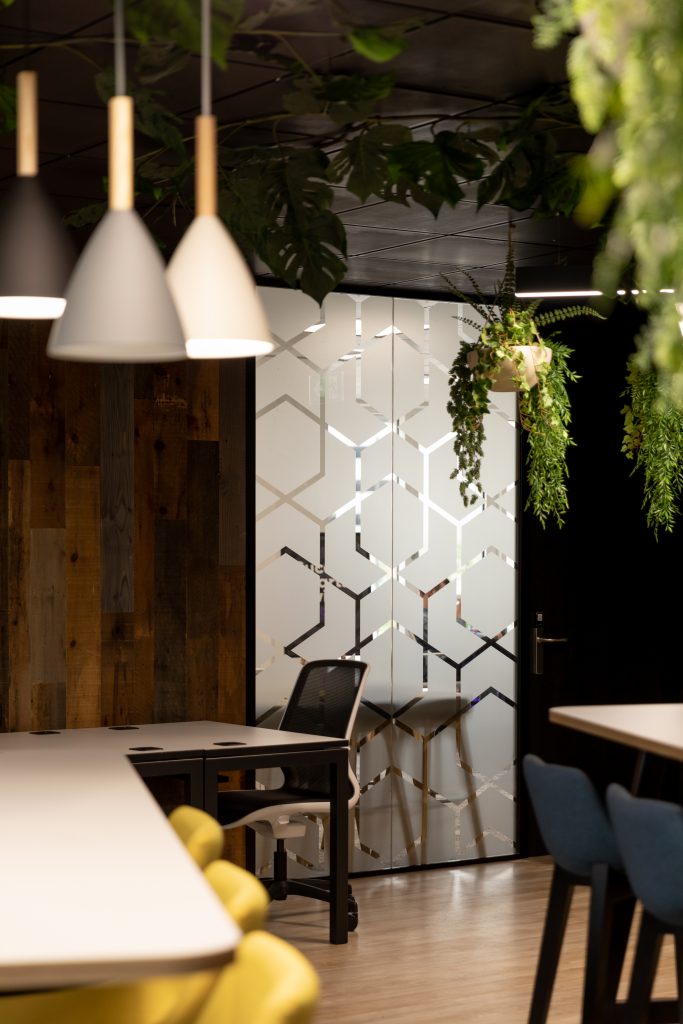
incspaces Joins FlexSA
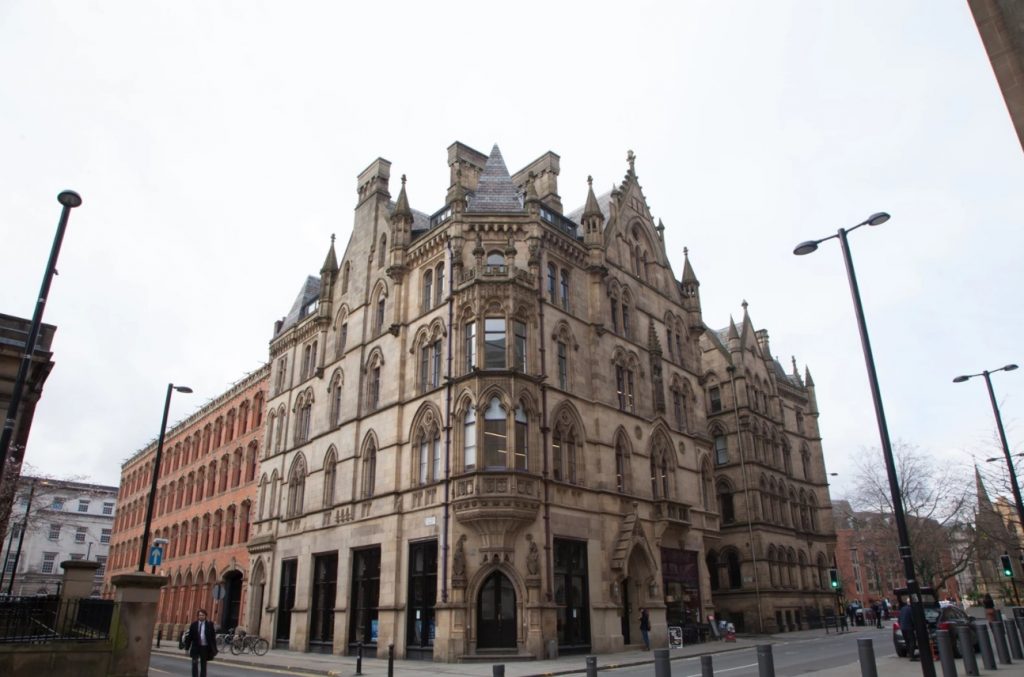
incspaces Launches New Manchester Site
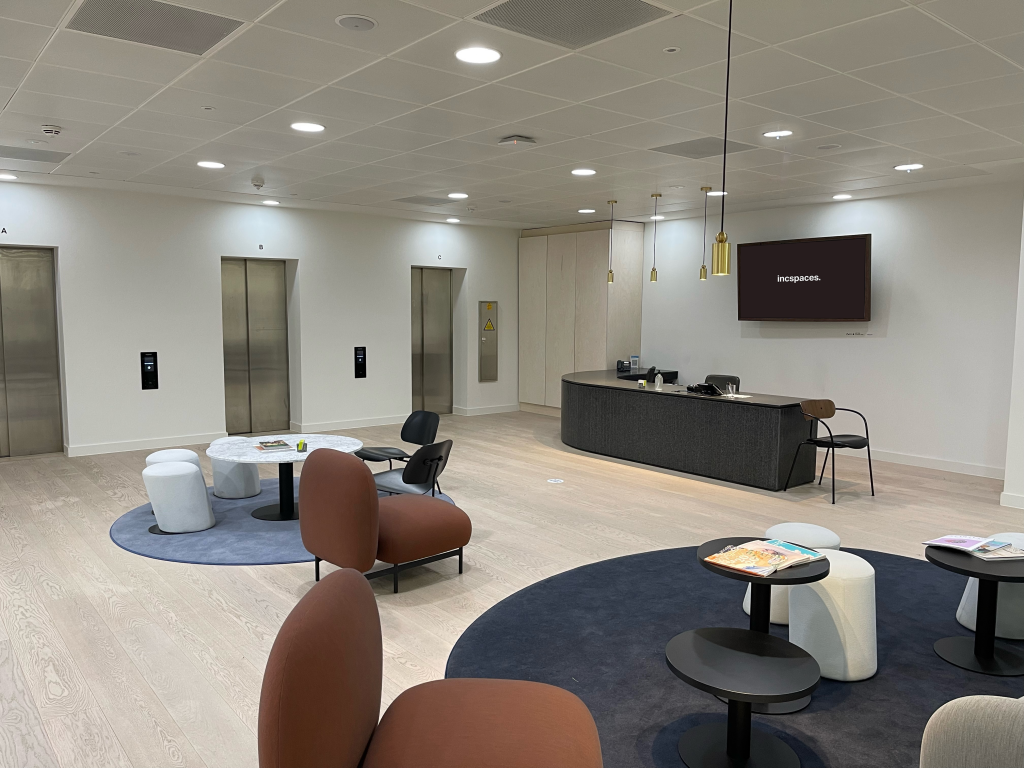
The 4-Day Week: What Are the Benefits?
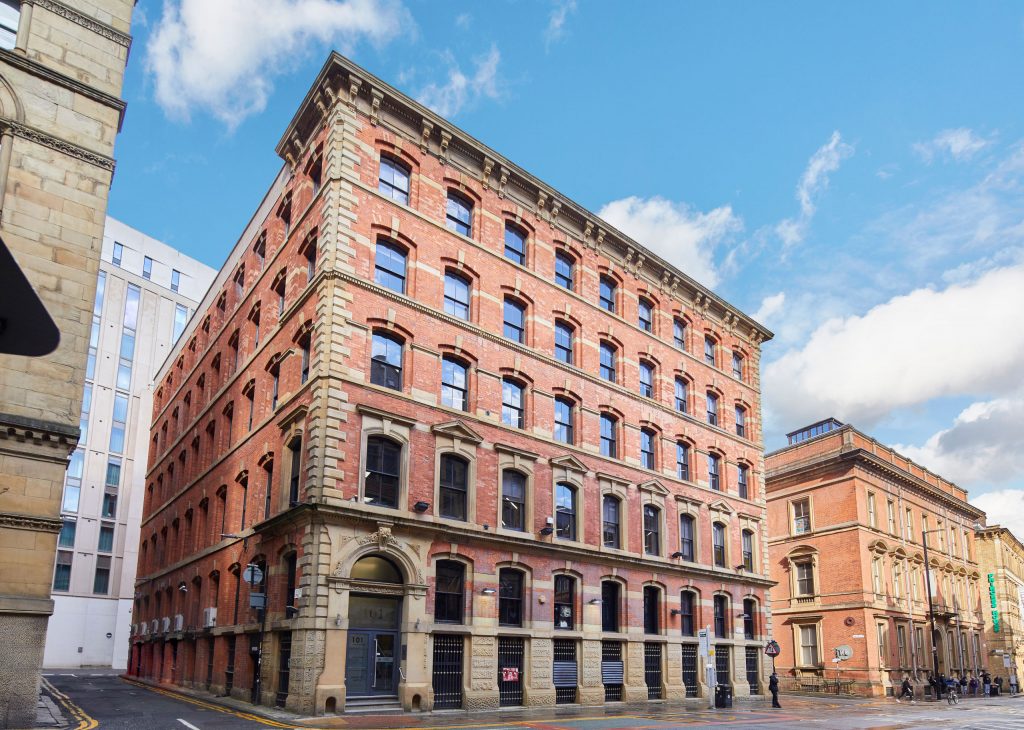
Co-Working in Manchester
Why Freelancers Are Choosing Flexible Office Space

Have You Tried The Pomodoro Technique?
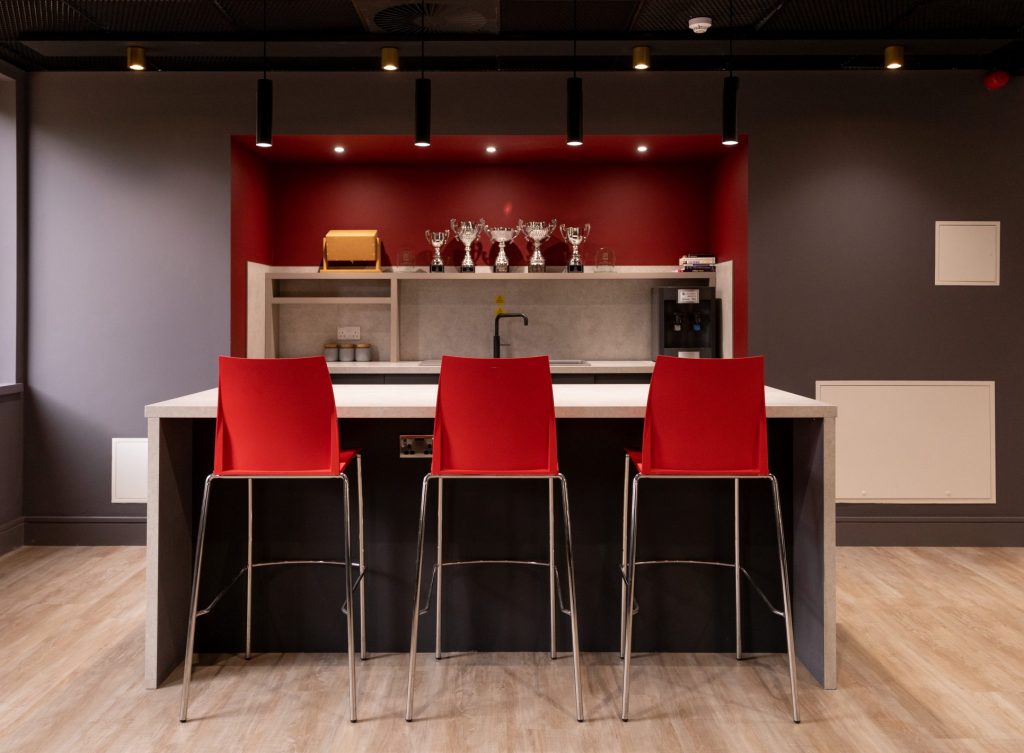
Essential Tips To Help Your Employees Feel Confident Returning To Work
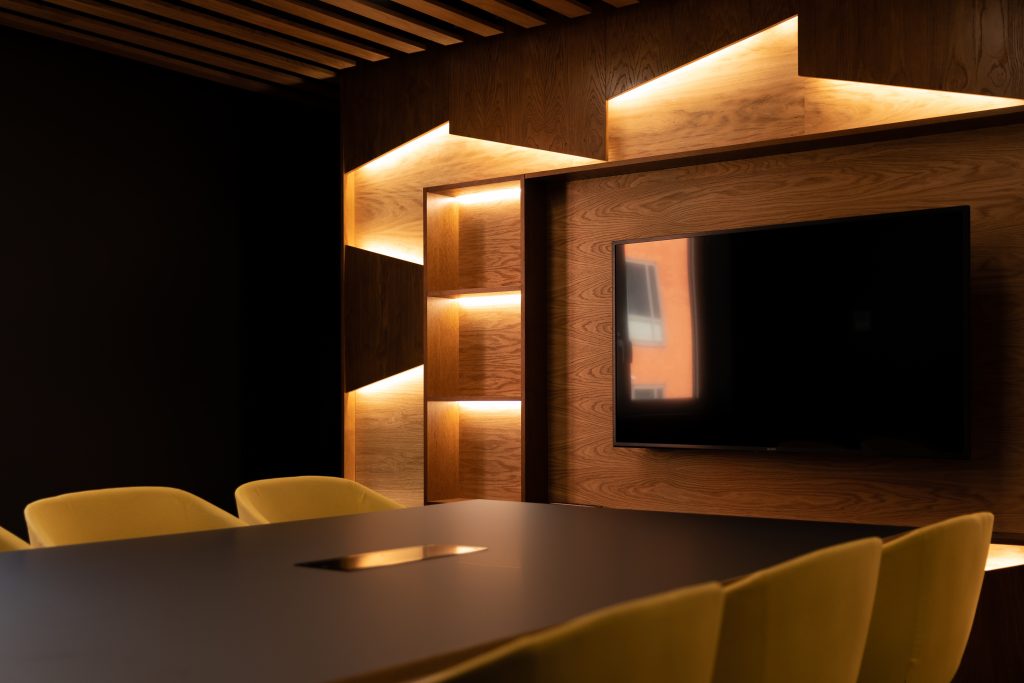
How Much Office Space Do I Need?
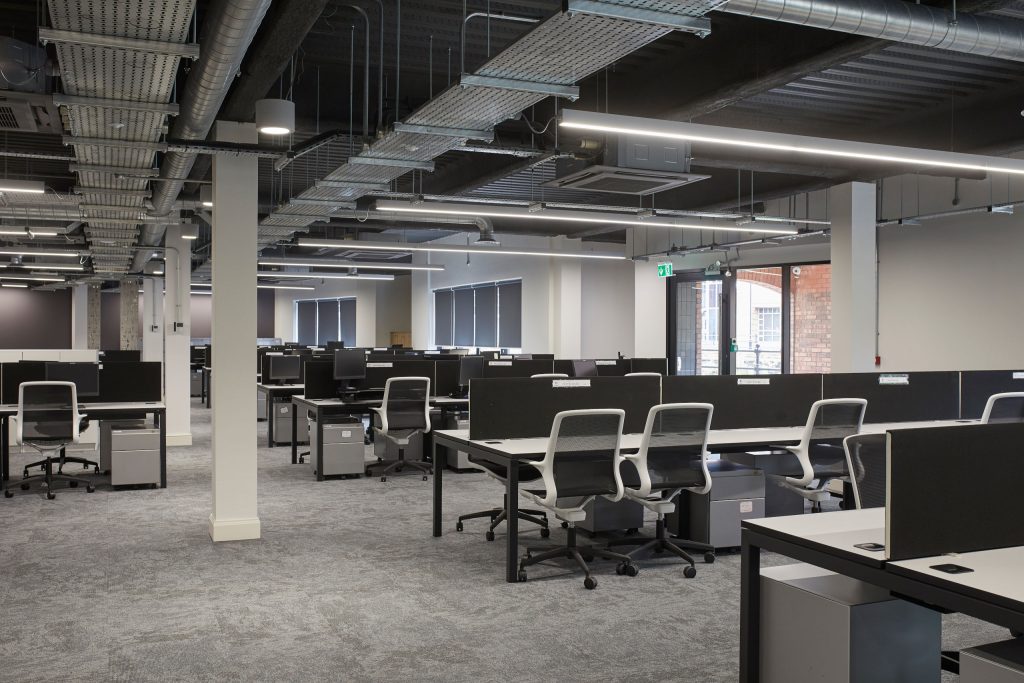
Can You Rent An Office By The Hour?

Bike Week 2021: Why cycle to work?
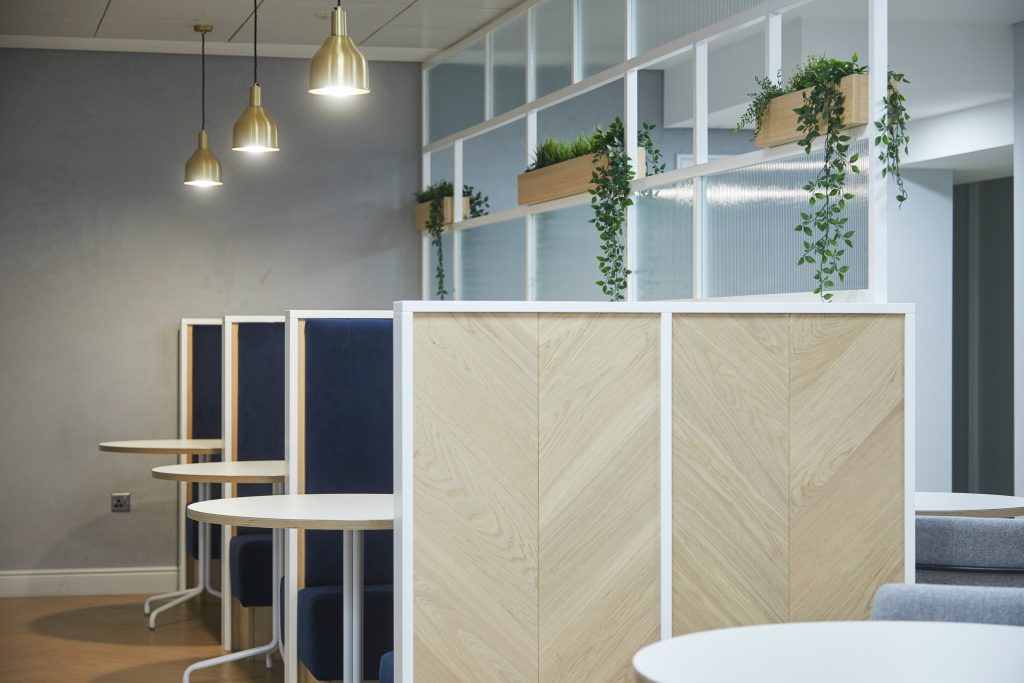
8 Things We’ve Missed About Working From The Office
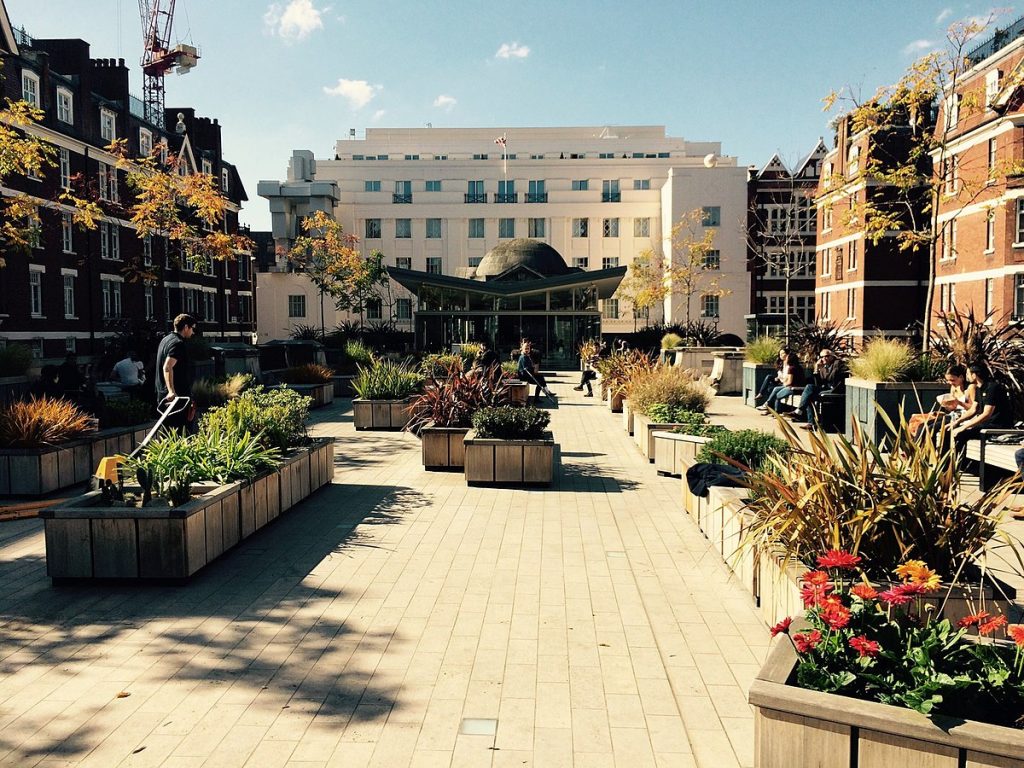
Gardens & Green Spaces: 9 spots for your lunch break in London
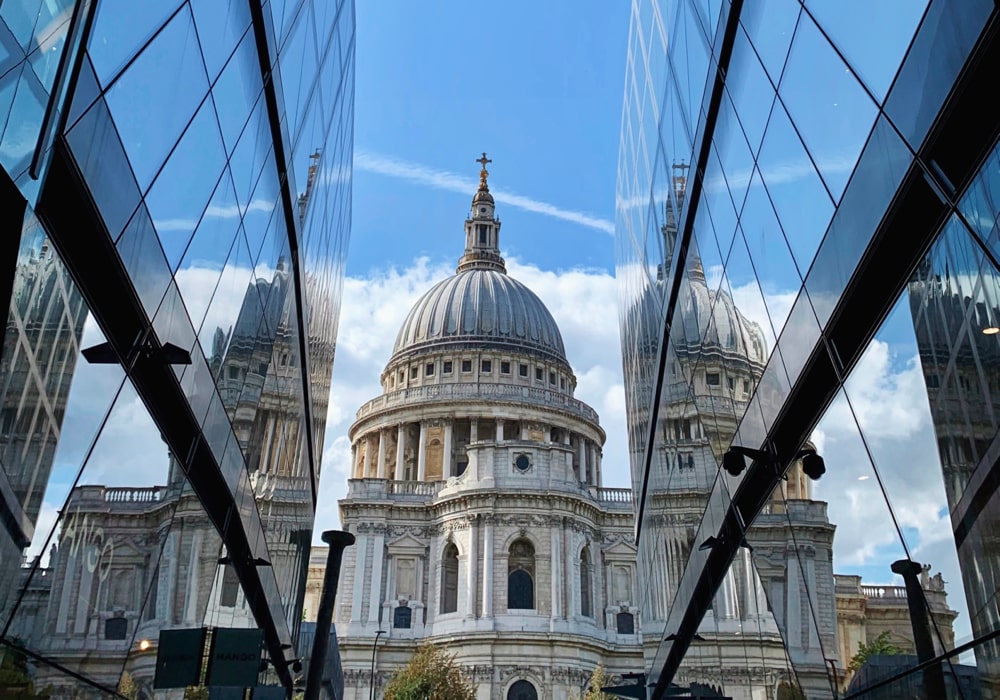
COVID 19: Returning to the office after lockdown
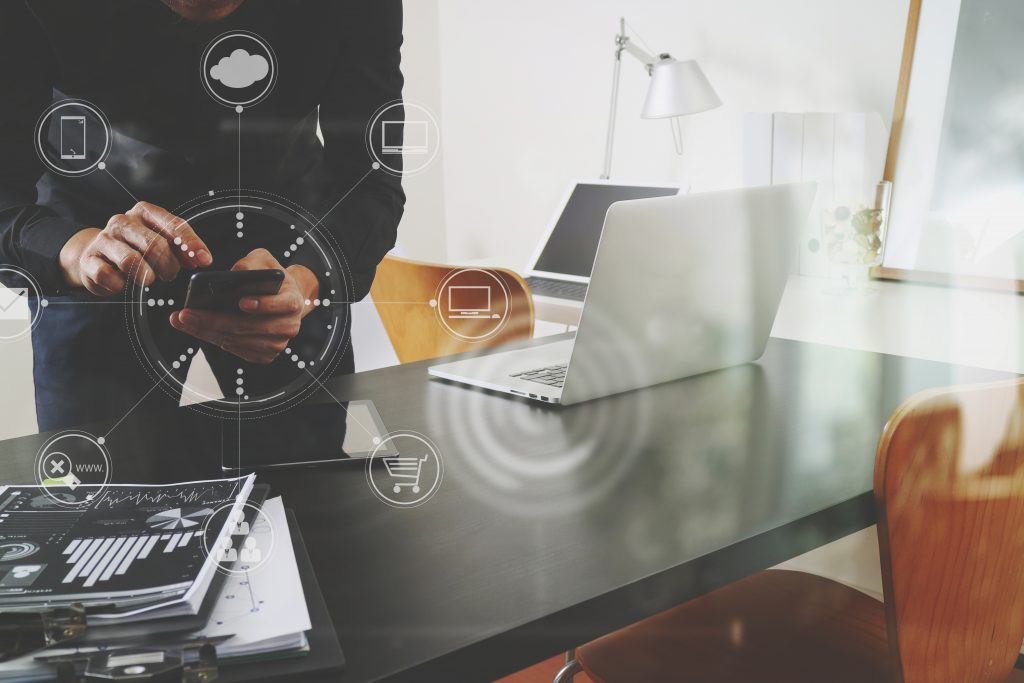
Benefits of a virtual office for your business
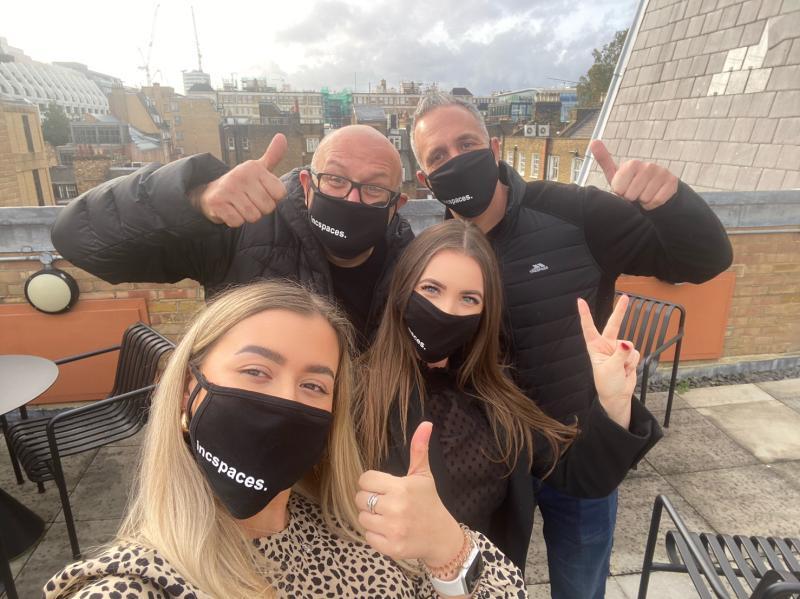
Celebrating our first birthday at incspaces
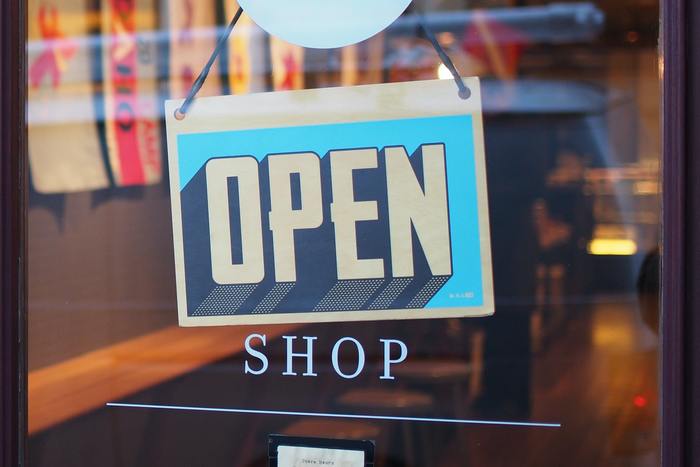
Back-to-Work Office Staff Need to Support Local Businesses
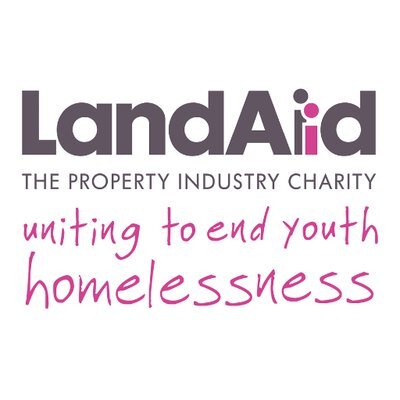
incspaces supports LandAid’s SleepOut (At Home) 2021
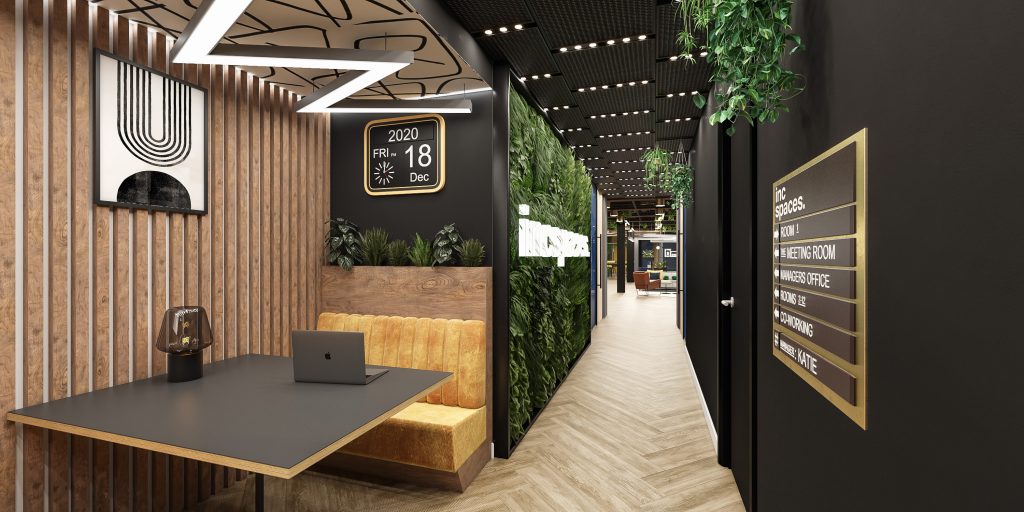
New Space Opens In Leeds To Support the Future of Work
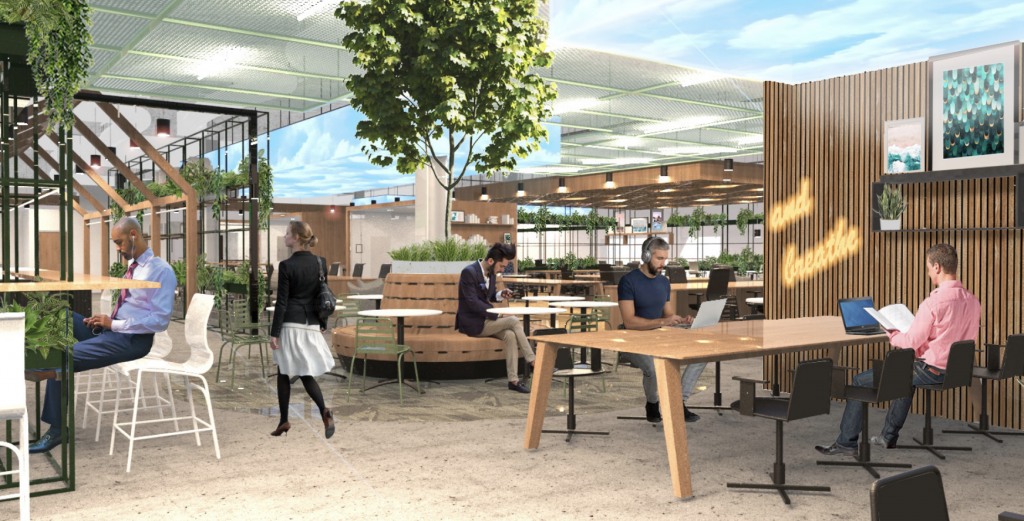
Work Lifestyle Concept to launch 2021
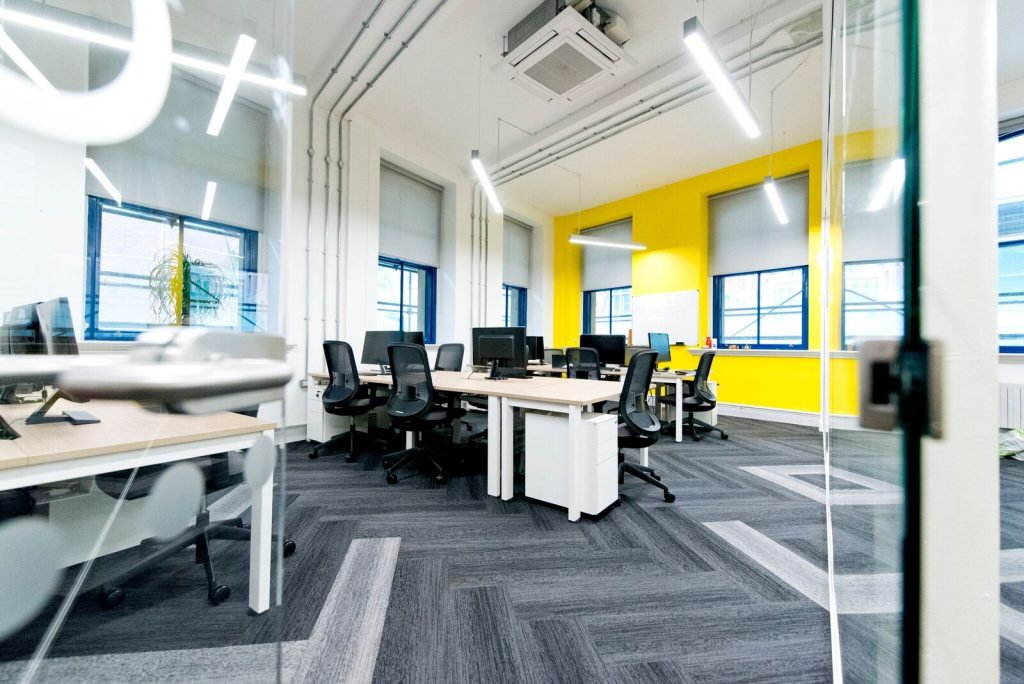
incspaces launches in Manchester

